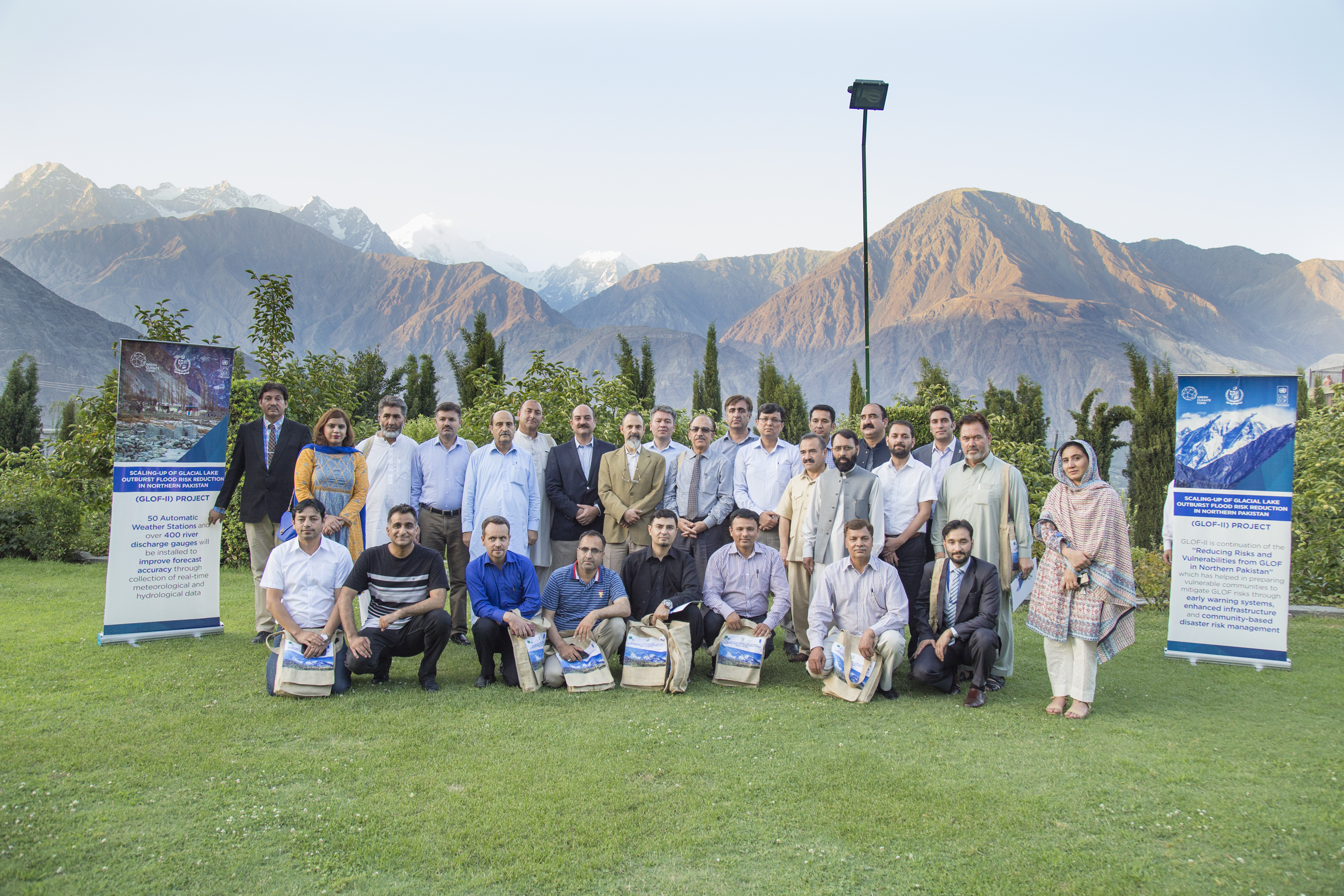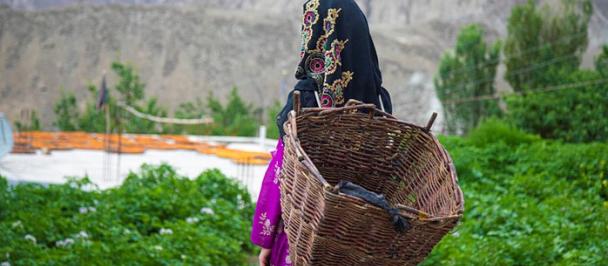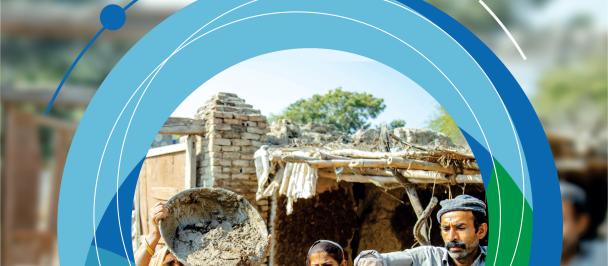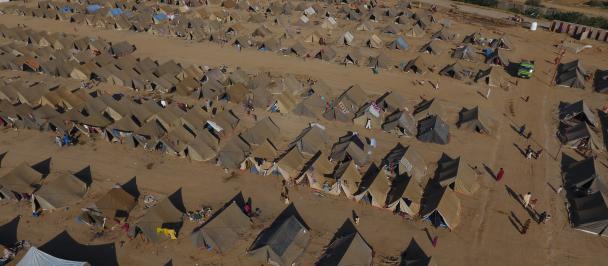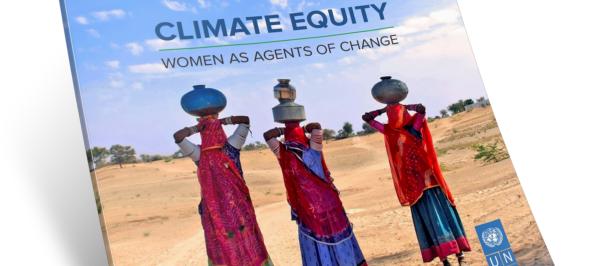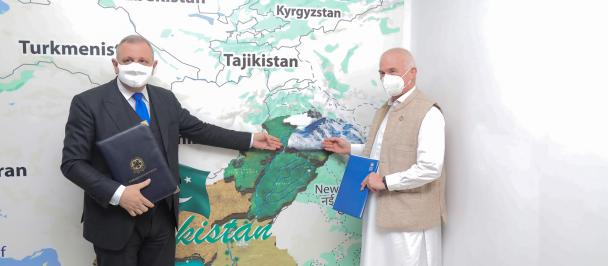--- Image caption ---
14 July 2018, Gilgit – Following the Inception Workshop held in Islamabad on 5 July, 2018, the Government of Gilgit-Baltistan and United Nations Development Programme (UNDP) launched a new US$37 million project today that will benefit more than 30 million people with scaled-up early warning systems, training on glacial lake outburst flood (GLOF) preparedness and response, and the creation of new protective infrastructure.
Led by Pakistan’s Ministry of Climate Change, with support from UNDP and US$37 million in grant funding from the Green Climate Fund (GCF), the five-year project targets the most vulnerable rural communities in the high-altitude regions of Gilgit-Baltistan and Khyber Pakhtunkhwa. The project is co-financed with a US$500,000 from the local Government of Gilgit-Baltistan.
The launch in Gilgit was attended by senior officials from the Government of Gilgit-Baltistan, civil society, representatives of communities and media.
Over 3,000 lakes have been created as a result of melting glaciers in the Gilgit-Baltistan and Khyber Pakhtunkhwa regions of Pakistan. Around 33 are considered hazardous, putting some 7.1 million people at risk from glacial lake outburst floods.
The project will build scaled-up early warning systems, flood protection structures, expanded water-efficient irrigation schemes, and investments in small-scale infrastructure to benefit almost 700,000 people directly. Another 29.2 million people will indirectly benefit from the project’s investment in institutional capacity-building and improved climate policies and action plans. More than half of the project beneficiaries will be women, propelling Pakistan’s efforts to reduce inequalities and ensure gender equality by 2030.
Climate change is expected to have wide-ranging impacts on Pakistan including reduced agricultural productivity, eroding coastlines, and more frequent extreme weather events such as cyclones, floods and drought. The country was ranked seventh globally in the 2017 Global Climate Risk Index, with over US$3.8 billion (PPP) in reported losses between 1996 and 2015 due to climate change.
The project marks a groundbreaking shift in GLOF risk management in Pakistan by combining top-down regulatory support, bottom-up community preparedness, and long-term planning for sustainable and climate-resilient use of livelihood assets such as high-value agricultural land which is in short supply in mountainous area.
“Communities in remote mountainous regions of GB and KP witness the impacts of climate change daily. When visiting the Bagrote valley yesterday, our journey was delayed due to a landslide which blocked the main road leading to the village, following only a 10-minute rainfall. It is a vivid reminder to all of us how devastating the impacts of changing weather patterns and climate change can be on communities and people” said Ignacio Artaza, Country Director, UNDP Pakistan.
Media enquiries
Fatimah Inayet, Communications Analyst, UNDP Pakistan fatimah.inayet@undp.org
Abduvakkos Abdurahmanov, Technical Specialist, UNDP Pakistan, abduvakkos.abdurahmanov@undp.org
Reis Lopez Rello, Regional Technical Specialist, Climate Change Adaptation, UNDP Bangkok Regional Hub reis.lopez.rello@undp.org
For more information on the project, ‘Scaling-up of Glacial Lake Outburst Flood (GLOF) risk reduction in Northern Pakistan’, please visit: http://www.pk.undp.org/content/pakistan/en/home/operations/projects/environment_and_energy/project_sample.html

 Locations
Locations